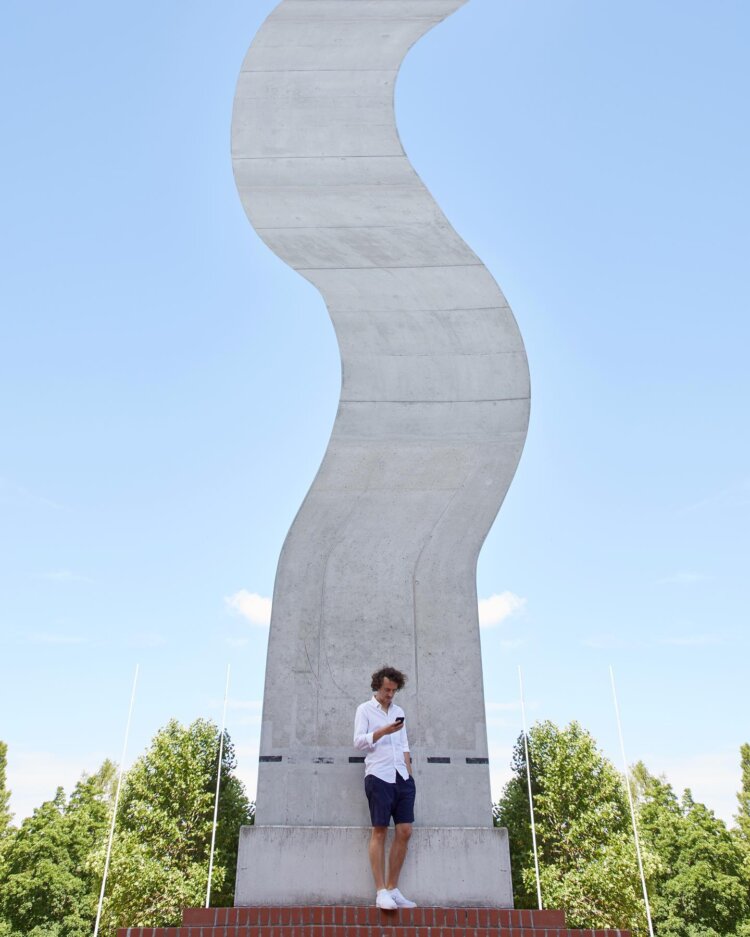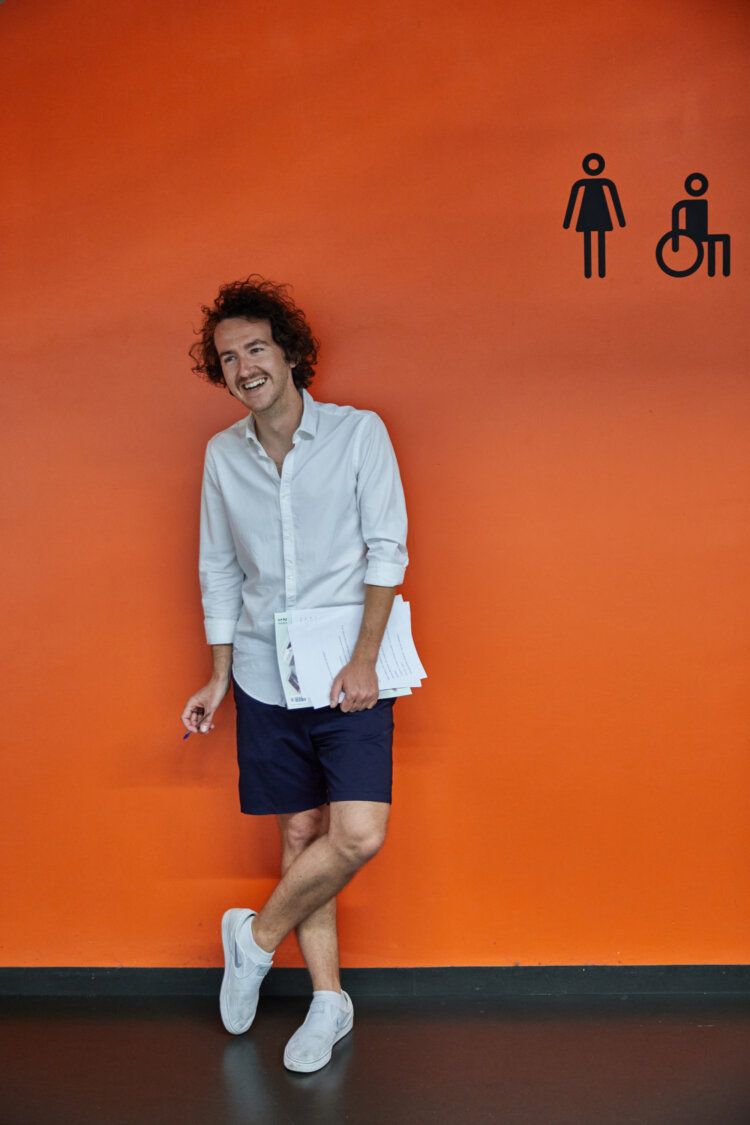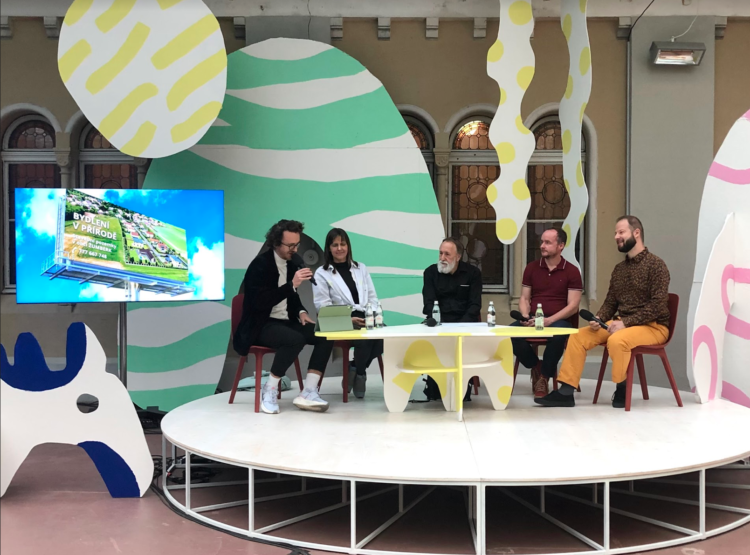Matěj Beránek is a journalist and publicist who mainly focuses on communicating architecture to the public. He has also worked in several media and, since 2017, has been the editor-in-chief of EARCH.cz, an online magazine about architecture. How did he get into journalism and architecture, and why did he decide to become a judge of the international Best in Design competition? Find out in the following interview.
What made you decide to focus on the topic of architecture?
It was a bit of a detour. Around 2010, I fell into rap and was lucky enough to meet Vladimir 518, one of the most recognized rappers in our country then, who was always very interested in architecture. Thanks to him, I slowly discovered that architecture is an absolutely fascinating subject worth spending a lot of time on. Otherwise, I might never have gotten to it. I come from a village in the Bohemian Forest, and I didn’t have anyone around me who saw architecture as anything other than a pretty good-sounding word.
How did you get into journalism and architecture?
Here my rap-architecture story continues. I already started writing for 518 on his website BiggBoss, an open magazine about art and urban culture. At first, I chose the topics of the articles quite randomly. When I was eighteen, I just needed to touch different positions. Well, in the end, I started to focus only on architecture. I didn’t study it directly, but I spent a lot of time self-studying it during my university studies – in my opinion, enthusiasm is the key to learning more about a subject.


Your work helps architects with PR. What’s the key to impressing them? Do you have any tips and tricks?
Many architects wouldn’t say I helped them with positive PR with my journalistic work, hehe. But you’re right. I’m very interested in the media promotion of architects, and I directly helped a few studios with this. I’ll give you one piece of general advice: communicate outwards. Everyone has to choose a form that suits them, entertains them, and makes them feel authentic (it’s not about selling shoes, right?). Comment on events, share your opinions, raise topics, be active on social media, don’t just rely on the striking brilliance of your designs. Steal a little media spotlight for yourself – don’t be constantly immersed in your daily work agenda. Architects tend to close themselves into their ghettos, where they speak a language that no one outside understands. I think that’s a big problem here.
This year we are introducing the Service Design category for the first time. How do you see Service Design and architecture going together?
I think architecture is primarily about good Service Design. Architecture is not art.
In recent years, you have liked to return to Zlín. Why is that?
My girlfriend Martina is from here. Thanks to this, I have been going to Zlín regularly for several years, and I have to say that I really fell in love with this city. I always go for long walks and discover new places and bizarre corners, of which Zlín has countless. How many of these breathtaking and totally forgotten buildings do you have here? I recently showed the interiors of the city baths by Vladimír Karfík to Adam Štěch, an expert on 20th-century architecture, and even he didn’t know them and immediately started thinking about how he could transform the baths.

What impressed you about the Best in Design competition? Why did you decide to become a judge this year?
Anything for Zlín! I am interested in the work of young artists, often more than outstanding legends.
What advice would you give to the contestants for this year’s Best in Design?
Present your project well, and don’t underestimate it! You never know how much time and energy the judges will devote to your projects. So, within their space and time, they have to convince us of the greatest qualities of their work, which they have to stand by.


